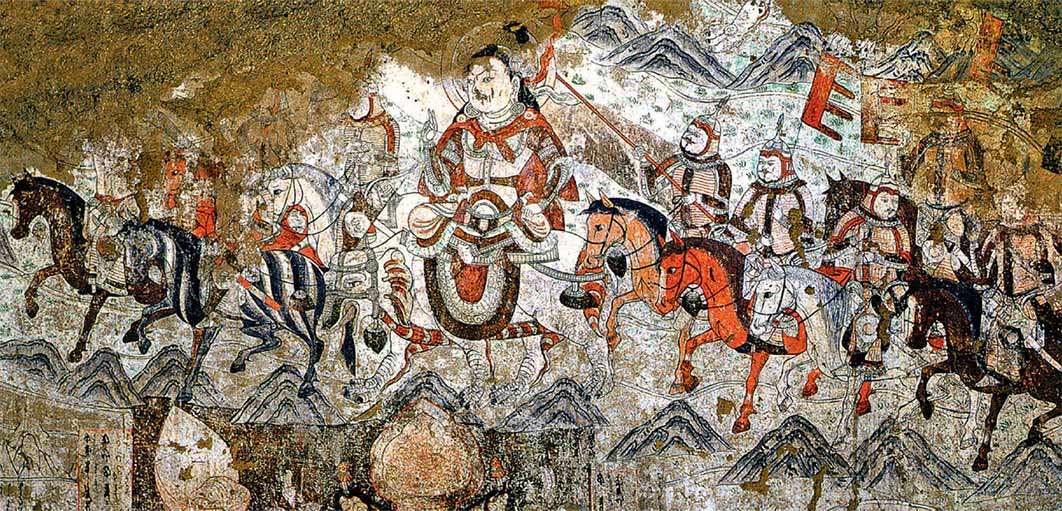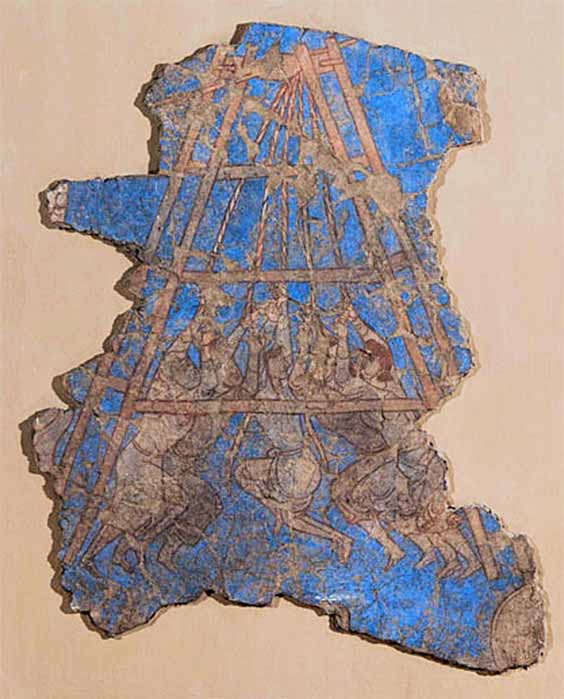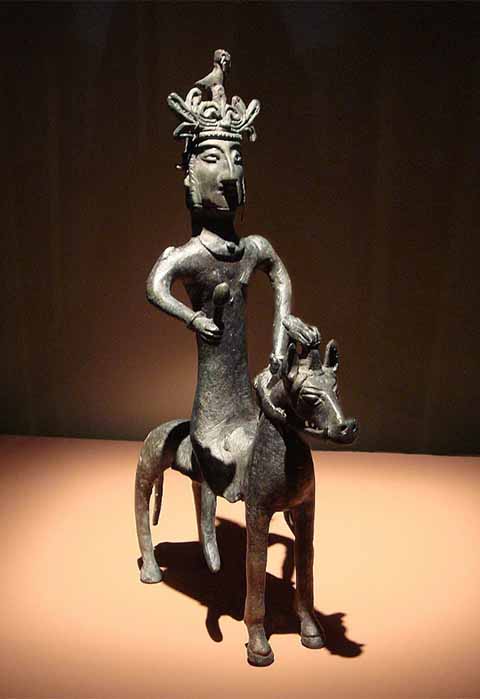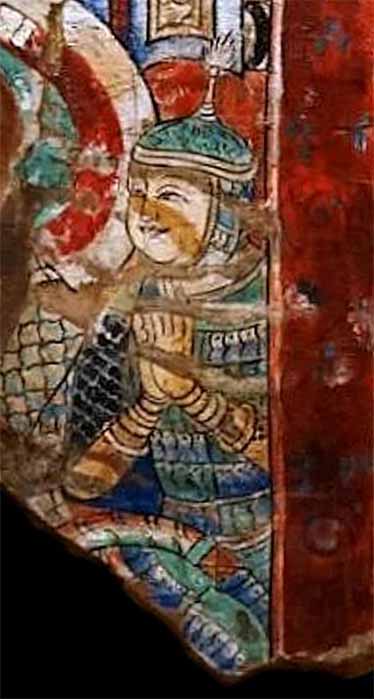
The 751 AD Battle Of Talas Deciding The Fate Of Medieval Central Asia
In the eighth century, as Charlemagne forged his European empire, and the Vikings emerged from the bowels of Scandinavia as the most fearsome raiders of their time, fierce battles raged simultaneously in a landscape, replete with rugged deserts, titanic mountains and endless plains, in a faraway land to the East. The battleground was in Central Asia, an enormous region tucked in between the Middle East and the Far East where the Arabs, Turks, Tibetans, and Chinese fought relentlessly to impose their political authority on each other, and on the diverse and ancient realms they aspired to make their subjects. Amidst the uneasy alliances, violent betrayals, and brutal conflicts, two major players, the Chinese and the Arabs, would meet in pitched battle for the first and last time in 751, in what would be a clash of cultures and arms that would determine the fate of medieval Central Asia.

Arabs besieging the city of Samarkand, captured in 722 AD. Palace of Devastich (706-722), Penjikent mural (Public Domain)
The Tibetan-Türgish Alliance
In the year 729, the army of the Tibetan kingdom was called upon by its ally, the Türgish, a Turkic confederation, to intervene in the province of Sogdia located in Western Central Asia, at the request of the native Khurasanians. Open conflict had erupted here after an Arab invasion by the Umayyad governor, Asras al-Sulami, and the introduction of a series of repressive policies. The combined regiments of the Türgish, the Khurasanians and the Tibetans proved too much for the Arabs, who lost all their gains in Sogdia with the exception of the ancient city of Samarkand and the fortresses of al-Dabusiyya and Kamarga, which remained in their possession.

Possible Sogdian King Devashtish, executed in the autumn of 722. National Museum of Antiquities of Tajikista (CC BY-SA 2.0)
The Türgish, and their enigmatic leader Su-lu (or Suluk) commenced their reclamation of Sogdian land by besieging the smaller stronghold of Kamarga, but they were met with stiff Arab resistance. With the Arabs holding up very well, Su-lu made the unusual step of bringing in Khusraw, a descendant of the last Sassanid emperor of the Persian empire, Yazdigird III and captive of the Türgish, in an effort to persuade the Arabs to lay down their arms. However, despite his demand for the restoration of the Sassanid throne, the Arabs remained unconvinced, compelling Su-lu to launch a frontal assault. With Su-lu leading the charge within the reach of Arab archers, the Türgish commander was extremely lucky not to have picked up a mortal wound. Beckwith, in his 1987-book The Tibetan Empire in Central Asia describes the battle: “…the Nagi shot him, and did not miss his nostril; but he had Tibetan armor on, and the shot did not harm him. And the Saybani shot him; but none of him was exposed except for his two eyes. Then Ghalib al-Muhagir shot him, and the arrow penetrated his breast, and he bent over. And that was the worst thing that pierced the qaghan.”
Su-lu’s Tibetan armor, which was made of chainmail woven so fine that only his eyes would have been uncovered, had saved him, and although they had failed to seize Kamarga, the Türgish, with the support of their Tibetan allies, managed to reestablish their dominance in the region shortly thereafter. The next year, in 730, the Tibetans and the Türgish signed an alliance, which was formally confirmed with the marriage of the Tibetan princess Dron Ma Lod to Su-lu in 734. Yet the Tibetans’ efforts to establish closer ties with the Turks had not gone unnoticed by their powerful neighbor T’ang China. Chinese suspicions were confirmed the next year in 735, when with the capture of a Türgish envoy Kül Inancu, in the Pamir Mountains, documents revealed that formal ties had indeed been established. Over the next few years, the T’ang would look to irreparably break them.

Turkic warrior in a mural from Tumxuk (Public Domain)




